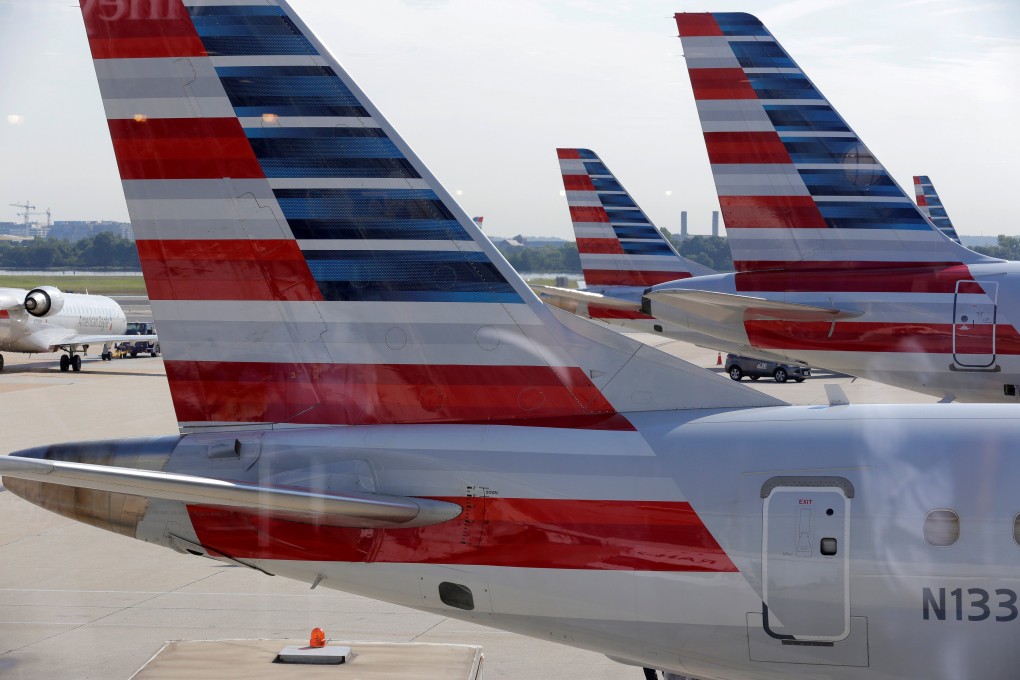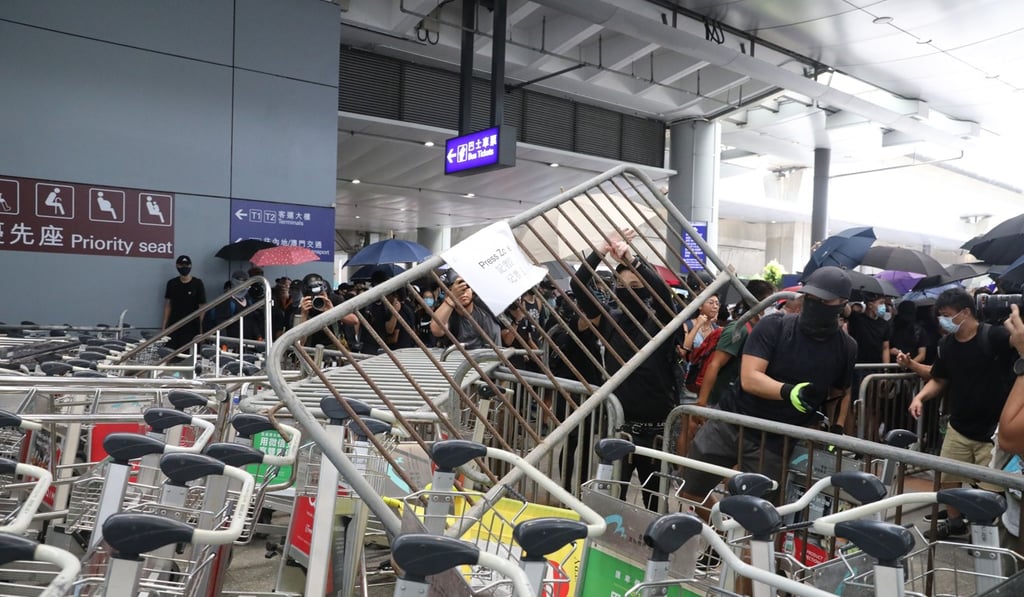Demand for Hong Kong flights in smaller decline than expected during protests, American Airlines says
- AA eyes up Hong Kong to expand frequent-flier scheme in rare vote of confidence by a carrier in city, as others slash flights
- Senior figure at one of world’s biggest airlines says routes ‘doing better than we expected’ in pledge to continue investing in Hong Kong

American Airlines (AA) has said demand for travel to and from Hong Kong had fallen less than expected despite a broad slump across the aviation industry caused by prolonged unrest in the city.
Boosted by robust demand for business travel despite global headwinds, the Texan carrier – considered the world’s largest airline in terms of the number of planes operated – plans to use Hong Kong as the first Asian city to expand its corporate frequent-flier programme, underscoring the carrier’s confidence despite the turbulence.
Hong Kong has been rocked by often violent protests for more than four months, sparked by the now-withdrawn extradition bill, which would have allowed for the transfer of fugitives to jurisdictions with which the city has no such agreement, including mainland China. The campaign has since morphed into a wider anti-government movement.

Some foreign airlines cut routes or flights to Hong Kong or downgraded to smaller aircraft as travellers have generally avoided the city. Domestic carriers Cathay Pacific Airways and Hong Kong Airlines followed suit, but AA has kept to business as usual.
“We’re in Asia-Pacific [for the] long term,” said Shane Hodges, AA’s managing director for Asia-Pacific sales. “[We will] continue to invest in certain parts of the world where things aren’t necessarily going as well as we would like.
